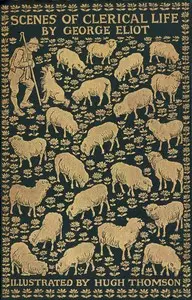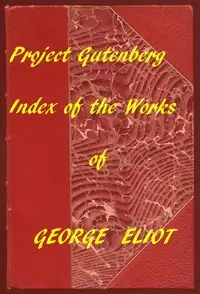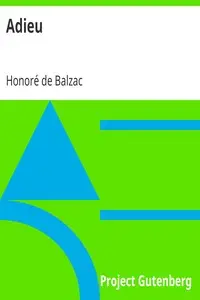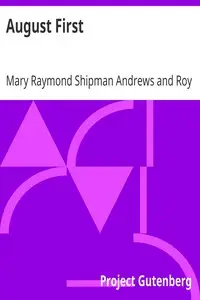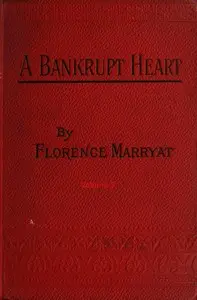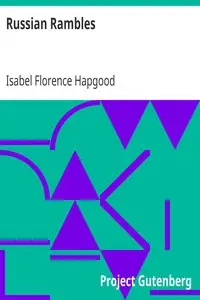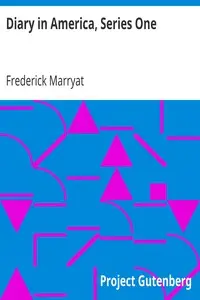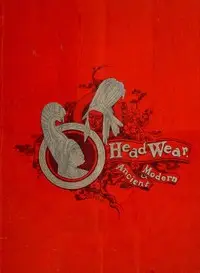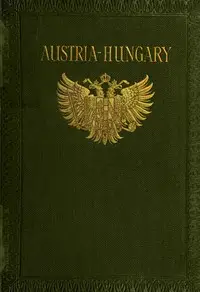"Brother Jacob" by George Eliot is a novella written during the Victorian era, likely in the mid-to-late 19th century. This story captures the life of David Faux, a confectioner whose ambition drives him to leave his family and seek fortune in the West Indies, only to return with little more than a sense of disillusionment. The narrative explores themes of ambition, family dynamics, and social status, particularly the unexpected twists of fate that shape David's character and circumstances. The tale follows David Faux, who initially dreams of finding success in the confectionery business but ends up stealing his mother’s savings to fund his emigration. Despite his high hopes of becoming prominent in a foreign land, he instead finds himself disillusioned with the realities of life in the West Indies, ultimately returning home to a life he had tried to escape. Upon his return, he assumes the name Edward Freely, hoping to start anew in the town of Grimworth. However, his past catches up with him in the form of his brother Jacob, an idiot who complicates David's plans and becomes an impediment to his social aspirations. The story unfolds with a rich examination of societal expectations, family loyalty, and the nature of success, culminating in David's failure to attain the life he longed for, thus highlighting the intricate ways in which life can thwart one's ambitions. (This is an automatically generated summary.)

Brother Jacob
By George Eliot
"Brother Jacob" by George Eliot is a novella written during the Victorian era, likely in the mid-to-late 19th century. This story captures the life of...
Mary Ann Evans, known by her pen name George Eliot, was an English novelist, poet, journalist, translator, and one of the leading writers of the Victorian era. She wrote seven novels: Adam Bede (1859), The Mill on the Floss (1860), Silas Marner (1861), Romola (1862–1863), Felix Holt, the Radical (1866), Middlemarch (1871–1872) and Daniel Deronda (1876). As with Charles Dickens and Thomas Hardy, she emerged from provincial England; most of her works are set there. Her works are known for their realism, psychological insight, sense of place and detailed depiction of the countryside. Middlemarch was described by the novelist Virginia Woolf as "one of the few English novels written for grown-up people" and by Martin Amis and Julian Barnes as the greatest novel in the English language.




